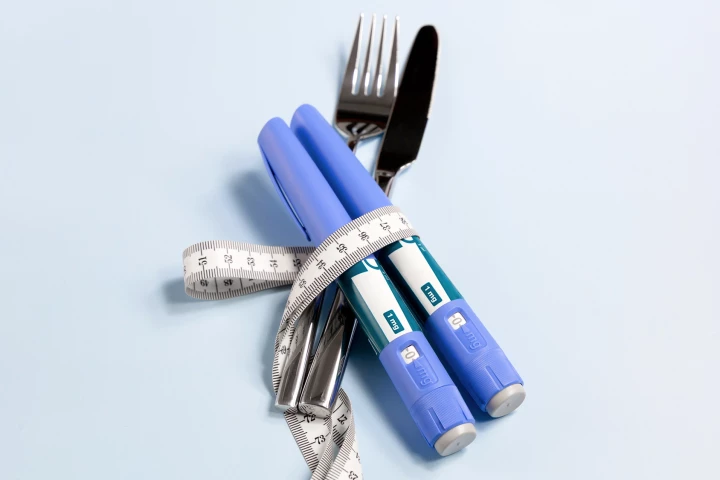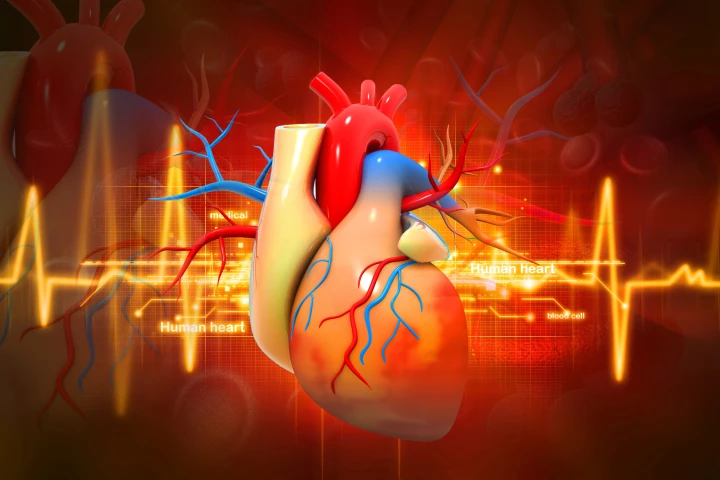Cardiovascular
-
The sustainability of weight-loss drugs is under scrutiny as new research shows that people who stop taking GLP-1s regain the pounds and return to their original size after 1.7 years. It questions whether we're relying on this "magic cure" too heavily.
-
Coffee is one of the most widely consumed psychoactive substances on the planet, yet despite more than two billion cups being drunk each day, its impact on heart health remains surprisingly complex – and often misunderstood. This year we got answers.
-
Millions of people with type 2 diabetes might actually be undermining their efforts to improve their health, with researchers demonstrating that the commonly prescribed metformin blocks the cardiovascular benefits normally gained through exercise.
-
A report based on data compiled between 1990 to 2023 across 204 countries found that cardiovascular diseases remain the most common cause of death among humans. Heart conditions are behind one in every three deaths on the planet.
-
An intriguing new study has found that symptoms of obstructive sleep apnea could be significantly reduced by regular sessions of blowing through a conch shell. Now, researchers are expanding the work, taking Triton's trumpet to test on a larger scale.
-
Weight-loss drugs like semaglutide and tirzepatide may help shrink waistlines, but new research shows they fail to boost fitness and can cause serious muscle loss, potentially undermining the long-term health benefits of slimming down.
-
If you're trying to avoid sugar in your diet, you'll want to be careful about how you choose and use your artificial sweeteners. A new study shows that a popular sugar substitute called erythritol could increase your risk of suffering a stroke.
-
A new study has found that, for most of us, the fiber we eat can protect our heart health, lowering the risk of high blood pressure, heart disease or stroke by up to 20%. It’s more evidence showing that a healthy gut leads to a healthy heart.
-
A new study has found that smoking marijuana and ingesting THC edibles over the long term can reduce blood vessel function at levels similar to those seen in cigarette smokers, posing a risk to heart health.
-
A study examined how managing multiple heart disease risk factors reduced the likelihood of premature death faced by people with high blood pressure. Its findings highlight the need for a broad approach to preventing or treating hypertension.
-
For the first time, surgeons have successfully performed a heart transplant in which the donor organ never skips a beat, limiting muscle damage and improving acceptance and recovery. It ushers in a new era of our approach to this lifesaving operation.
-
The world's largest study into the long-term health impact of floods has found that there are surges in hospitalizations for months after an event – and current responses are inadequate when it comes to treating cancer, diabetes, mental health and more.
Load More











